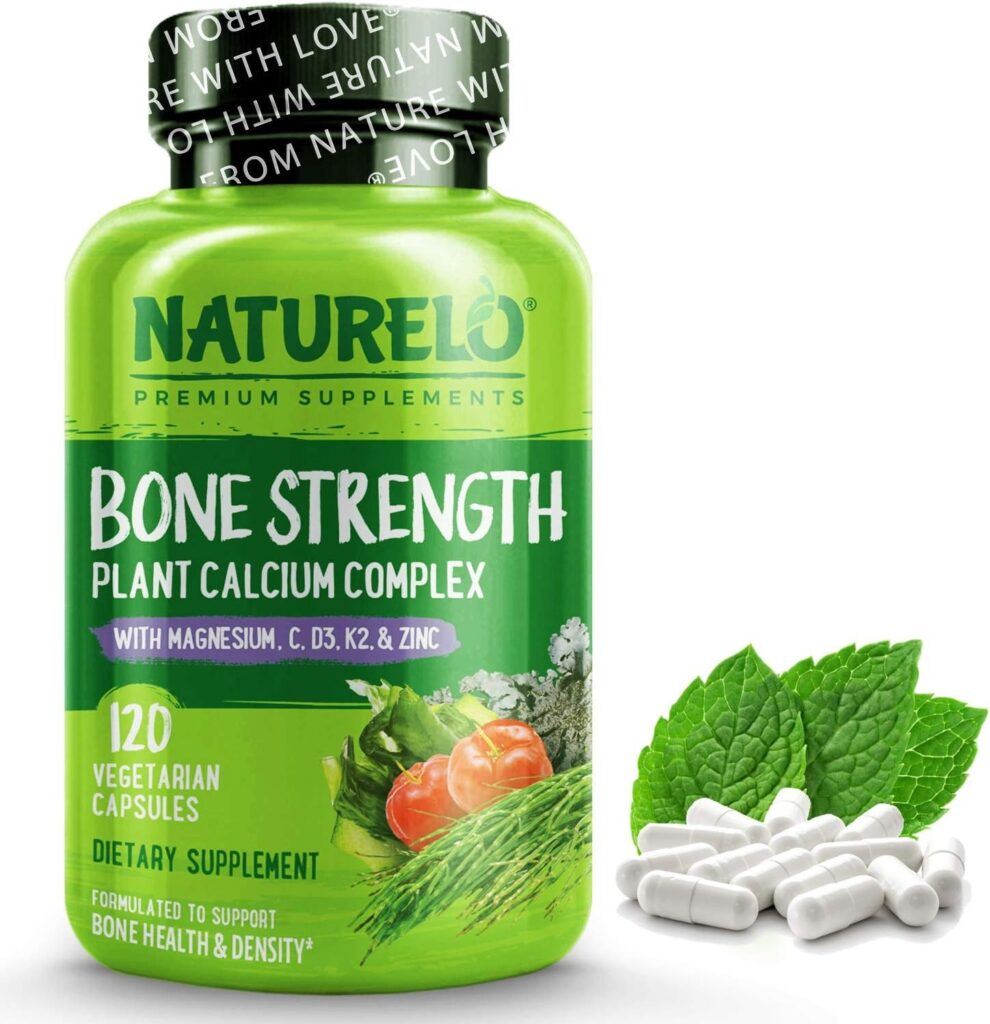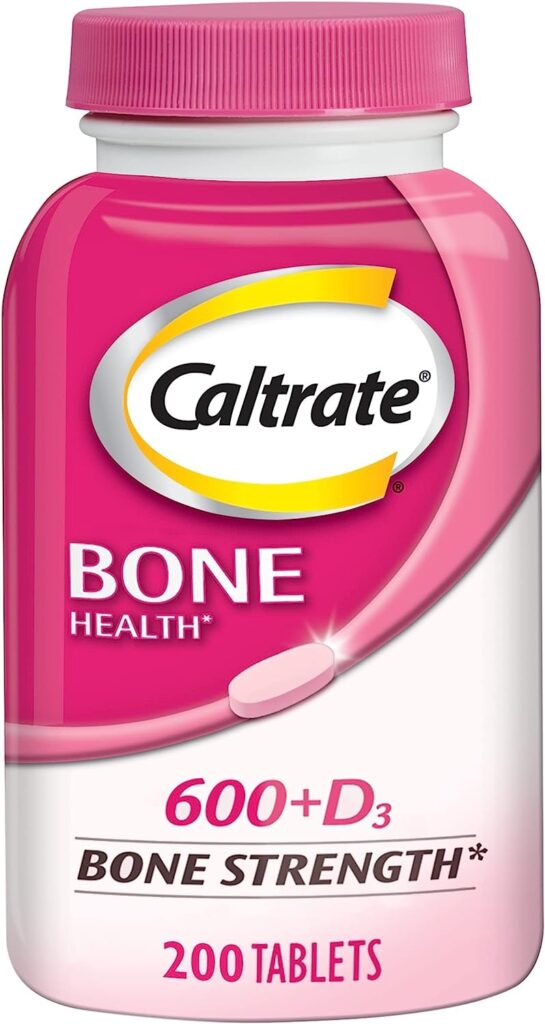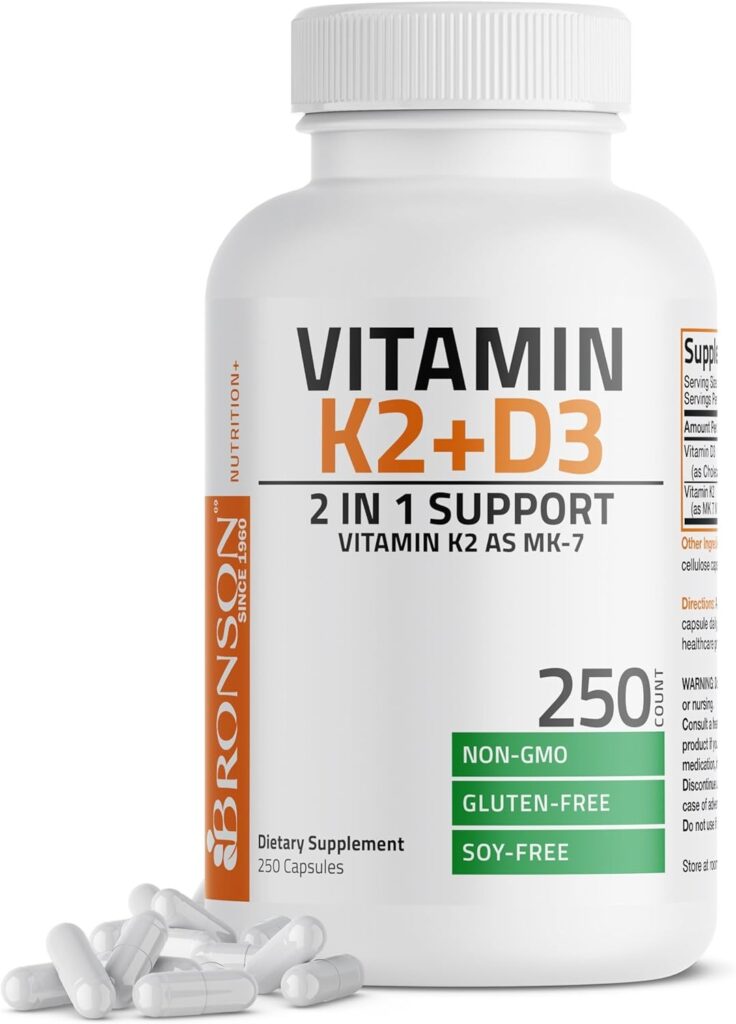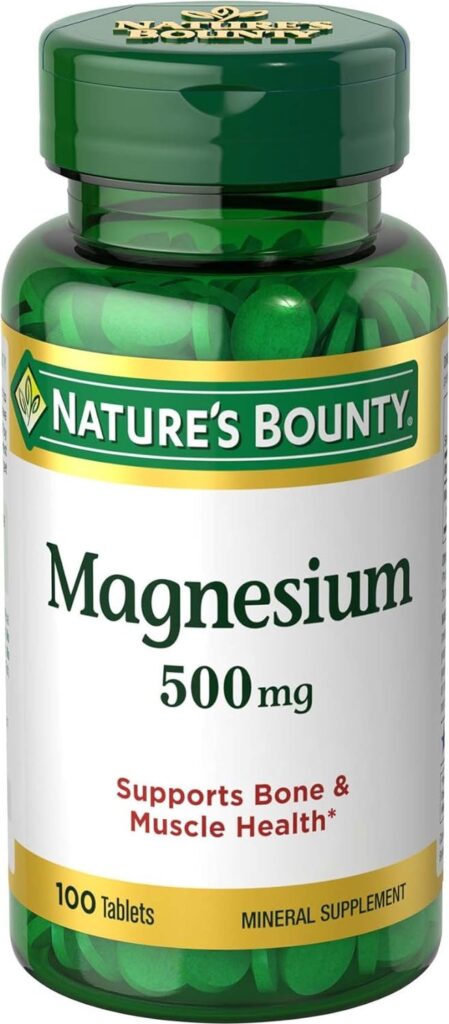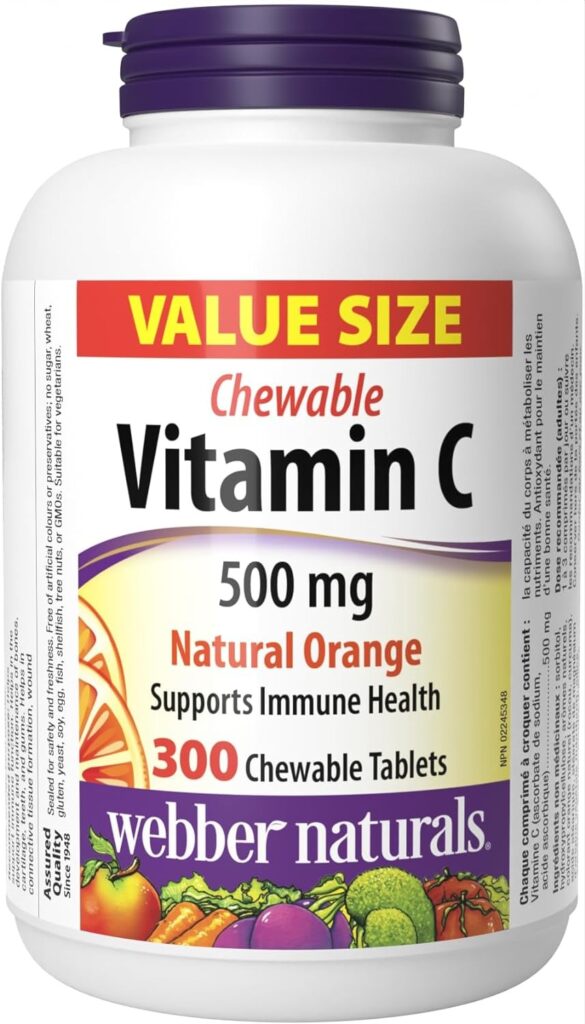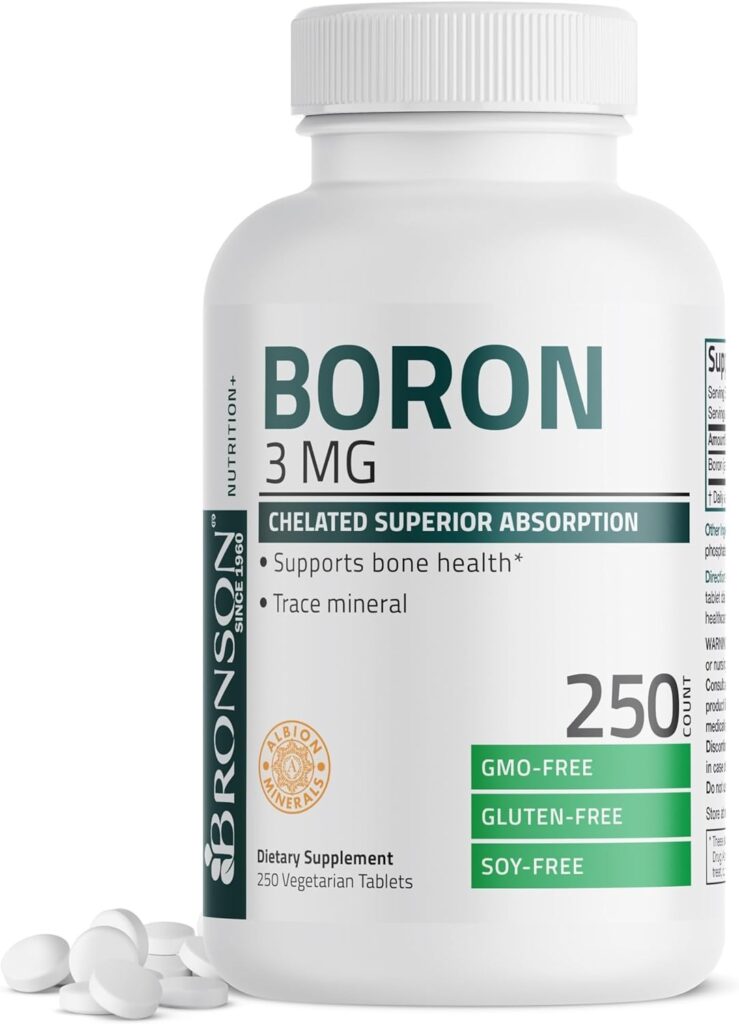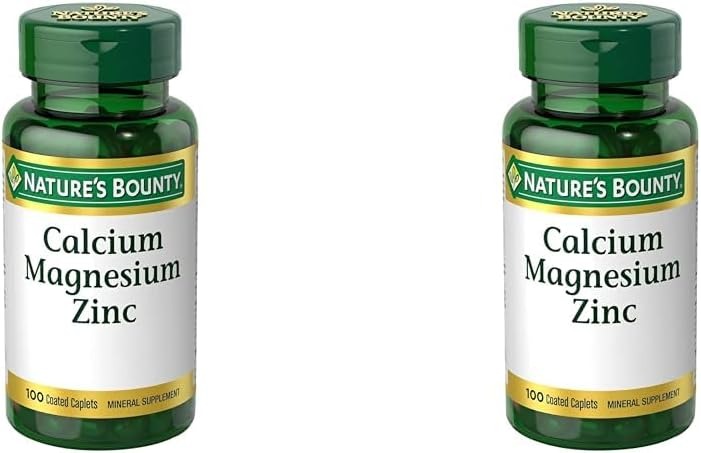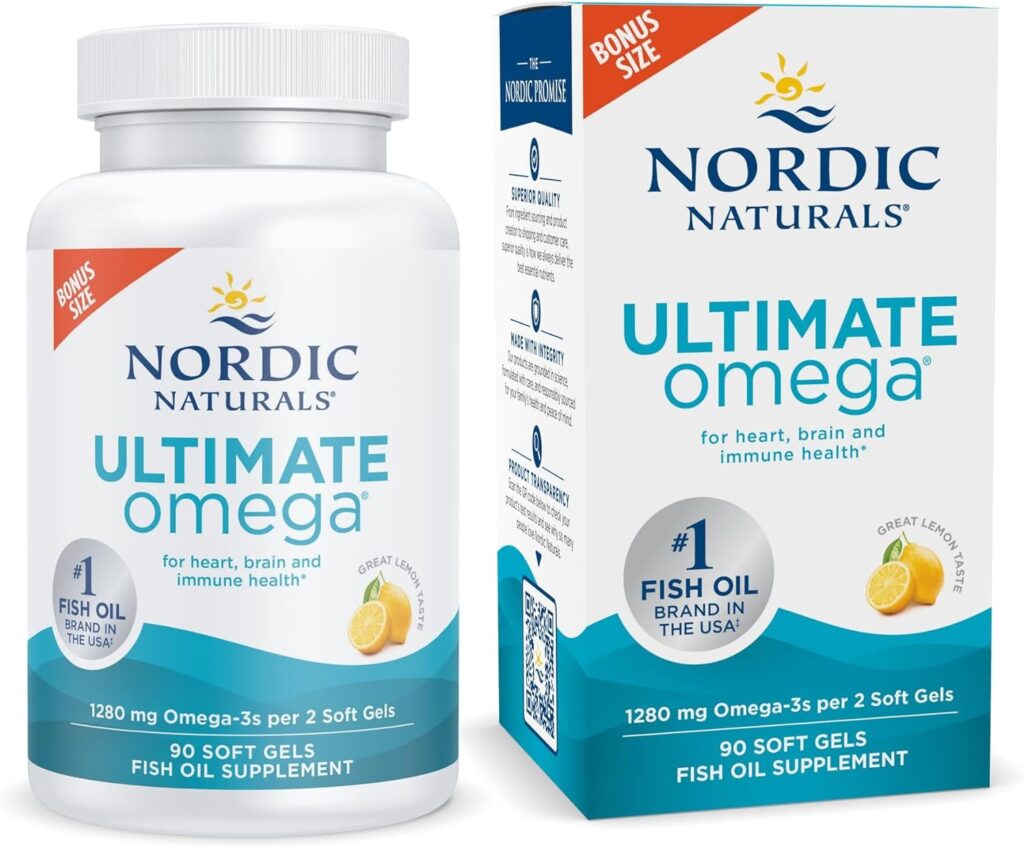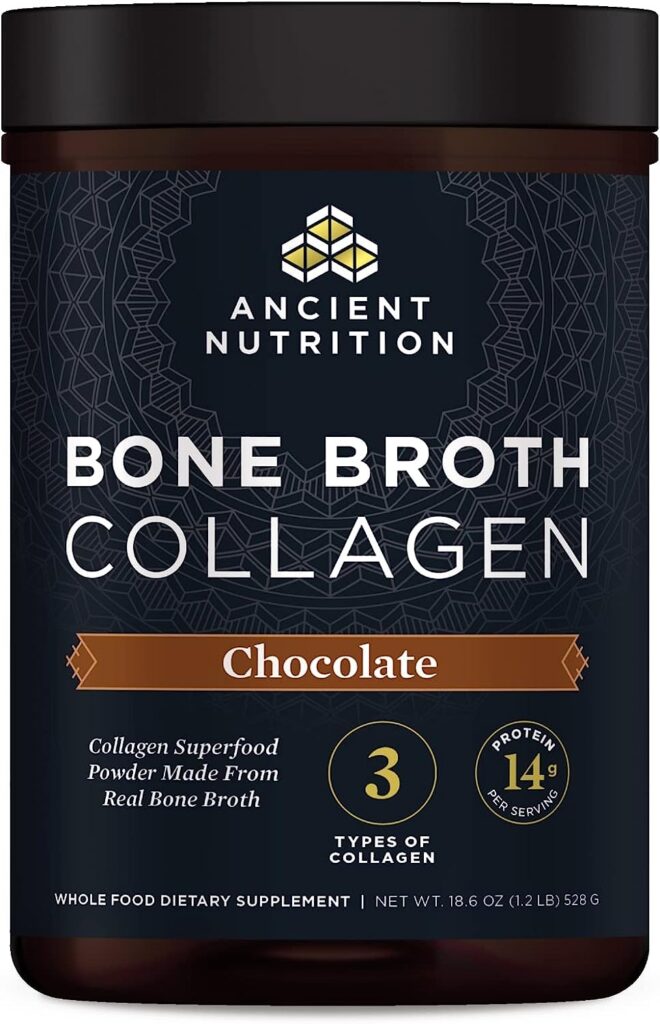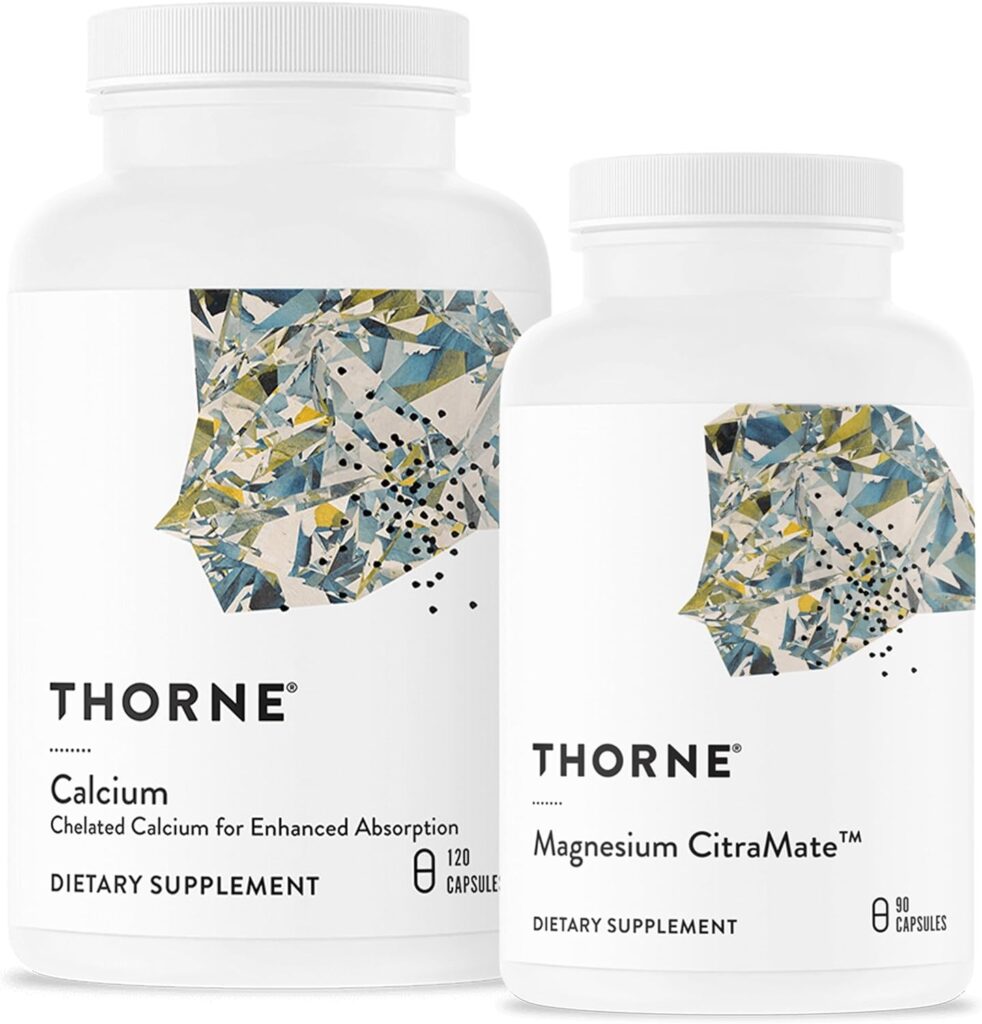10 Best Vitamins and Supplements for Bones Health (2024)
10 Best Vitamins and Supplements for Bones Health (2024)
Maintaining strong and healthy bones is crucial for overall well-being, mobility, and a high quality of life. Our bones naturally weaken and lose density as we age, which raises the risk of osteoporosis and fractures. In addition to a healthy diet and regular exercise, certain vitamins and supplements can help support bone health even more. These ten vitamins and supplements can help you maintain strong, healthy bones.
1. Calcium for bones Health
Why it’s important: Calcium is the primary mineral found in bones and teeth. It is necessary to keep the strength and mass of your bones. Numerous biological processes, such as blood coagulation, neuron transmission, and muscle contraction, depend on calcium. Osteoporosis and other disorders can result from weak, brittle bones caused by insufficient consumption of calcium.
Benefits:
- Supports bone density and strength.
- Prevents bone-related disorders like osteoporosis.
- Aids in muscle contraction and nerve transmission.
2. Vitamin D
Why it’s important: Vitamin D helps the body absorb calcium efficiently.Insufficient vitamin D can render bones susceptible to weakness, thinning, or damage, while also playing a crucial role in bolstering the immune system and supporting muscle function, thereby enhancing overall health. Ensuring adequate vitamin D levels is essential for preserving bone density and reducing the risk of fractures, especially among the elderly.
Benefits:
- Enhances calcium absorption.
- Supports bone growth and remodeling.
- Boosts muscle function and immune health.
3. Vitamin K2
Why it’s important: Vitamin K2 is very important for bone metabolism. It helps in the regulation of calcium deposition and supports the binding of calcium to the bone matrix. This vitamin is necessary to keep arteries and other soft tissues from becoming calcified, ensuring that calcium is properly utilised for maintaining and strengthening bones.
Benefits:
- Promotes proper calcium utilization.
- Supports bone mineral density.
- Prevents arterial calcification.
4. Magnesium
Why it’s important: Magnesium plays a critical role in converting vitamin D into its active form, which aids calcium absorption. In addition, it has a direct role in approximately 300 enzymatic activities in the body and directly affects bone density. A lack of magnesium can cause cramping in the muscles, weakening of the bones, and other health problems.
Benefits:
- Supports bone density and strength.
- Enhances calcium absorption.
- Involved in numerous enzymatic reactions.
5. Vitamin C
Why it’s important: Collagen production, an essential part of bone development, requires vitamin C. Collagen strengthens and fortifies bones by providing a framework for the deposition of minerals. Additionally, vitamin C possesses antioxidant qualities that promote general bone health by shielding bone cells from harm.
Benefits:
- Aids in collagen production for bone matrix.
- Enhances overall bone strength.
- Provides antioxidant protection to bone cells.
6. Boron
Why it’s important: Boron supports the metabolism of minerals that are involved in bone development, including calcium, magnesium, and vitamin D. It amplifies the impact of these nutrients by contributing to bone formation and maintenance. Additionally, boron aids in the regulation of hormones related to bone health.
Benefits:
- Supports bone metabolism.
- Enhances the effects of other bone-supportive nutrients.
- Regulates hormones related to bone health.
7. Zinc
Why it’s important: Zinc is involved in bone tissue renewal and mineralization. It is important for general health since it strengthens the immune system and aids in maintaining bone density. Enough zinc consumption is necessary for bone health since insufficient zinc can cause delayed bone growth and healing.
Benefits:
- Supports bone formation and mineralization.
- Helps maintain bone density.
- Boosts immune system function.
8. Omega-3 Fatty Acids
Why it’s important: Omega-3 fatty acids reduce inflammation, which can benefit bone health and reduce the risk of bone loss. They improve blood flow and the supply of nutrients to the bones, supporting cardiovascular health. Additionally, omega-3s support healthy joints and lower the chance of injuries from exercise.
Benefits:
- Reduces inflammation in bones and joints.
- Supports bone density and strength.
- Improves cardiovascular health.
9. Collagen
Why it’s important: Collagen is a protein that provides the structural framework for bones. Supplements can promote the general health and strength of bones by increasing bone mineral density. Additionally, collagen promotes joint health by increasing mobility and lowering the chance of injury.
Benefits:
- Enhances bone structure and strength.
- Supports overall bone health.
- Promotes joint health and mobility.
10. Silicon
Why it’s important:In order to maintain total bone strength, silicon helps in the synthesis of collagen and bone mineralization. It decreases the chance of fractures by improving bone density and flexibility. Additionally, silicon supports strong nails, hair, and skin, all of which enhance general wellbeing.
Benefits:
- Supports collagen formation for bone matrix.
- Enhances bone mineral density and flexibility.
- Promotes healthy skin, hair, and nails.
Tips for Maximizing Bone Health
- Balanced Diet: Ensure your diet includes a variety of fruits, vegetables, lean proteins, and whole grains to get a range of nutrients.
- Regular Exercise: Weight-bearing exercises like walking, jogging, and resistance training help maintain bone density.
- Limit Alcohol and Avoid Smoking: Both can weaken bone structure and reduce calcium absorption.
- Consult Healthcare Providers: Before starting any new supplement regimen, it’s important to discuss with your doctor, especially if you have underlying health conditions or are taking other medications.
Maintaining bone health is a lifelong commitment that requires a combination of proper nutrition, physical activity, and possibly supplementation. By incorporating these vitamins and supplements into your daily routine, you can support your bone health and enjoy an active, vibrant life.
Conclusion
By adding these best supplements to your daily regimen, you may make a big difference in your bone health and maintain your mobility and health well into 2024 and beyond.
